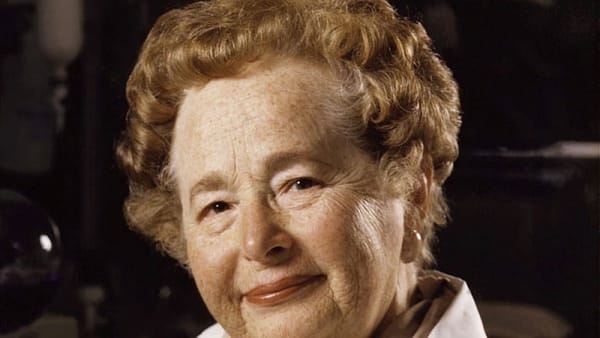Opera: A primer for the primaries

What could be more melodramatic than the presidential primaries? Opera, of course! So, I've created a primer for the soon-to-be opera enthusiasts among our readers. Do you want some history before the fun of listening to our presidential candidates in their title roles? Why, yes you do! But only so you can enjoy this splendid art form all the more.
Opera combines drama and singing in a theatrical setting with a substantial orchestral component. The fusion of music and drama can be traced back to the Middle Ages in Europe, and even earlier in ancient Greece and non-Western nations such as China, where opera began in the 3rd century A.D.

